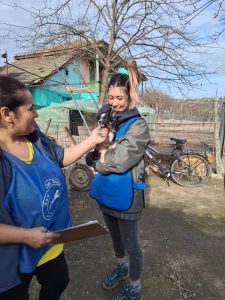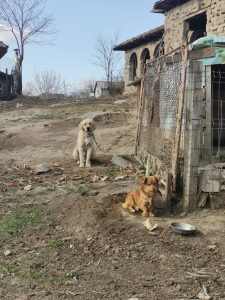We have vaccinated 262 dogs belonging to the poorest families in Cernavoda
This is part of a major vaccination campaign we are carrying out free of charge in Romania.
We have successfully vaccinated 262 animals that otherwise would not have had access to basic care
Anyone who has a pet knows that this is the time of year when we have animals vaccinated to ensure they are safe and protected and will not contract any diseases that could be prevented by giving them a simple shot. We also administer antiparasitic treatments, so that all general medical issues are covered. It is true that this kind of annual routine is more or less taken for granted, but in reality it is a luxury that many of the most impoverished families in Cernavoda in Romania cannot afford to pay for. This year we have therefore introduced a free vaccination marathon in the nearby villages, successfully vaccinating hundreds of animals in just a few days. Here’s a summary of how the event unfolded.
262 animals vaccinated in just one month
We have successfully vaccinated 262 animals that otherwise would not have had access to basic care. They live in villages outside the city where both animals and people face the same challenges for survival: a lack of treatments, medicine, food, and often shelter.
Helping these animals also signifies helping their families who, despite enduring great hardship, try to take care of them to the best of their skills and ability.
Our team consisted of a veterinarian, a veterinary technician, a driver and a community liaison officer. We went from door to door and administered vaccine doses to the dogs and cats we encountered. But our work did not stop there.
Vaccinating the dogs is a means of establishing a working relationship

We are now planning a second mission in the field to offer more aid and assistance, as we have seen that many of these families are living in even more dire conditions than we had initially realized
We are now planning a second mission in the field to offer more aid and assistance. We have seen that many of these families are living in even more dire conditions than we had initially realized, so we have made an assessment of all their needs and will try to help them as much as we can.
These visits are also an opportunity for us to talk about the importance of sterilizing the animals and not keeping them on chains. As these are rural communities living in isolated areas, these issues are often entirely unfamiliar: the animals are often left to roam and reproduce uncontrollably, resulting in numerous litters every year that are subsequently abandoned even if they do survive. At the same time, many dogs are kept on chains and tied to posts, with no freedom to move about.
Although we often encounter a certain amount of resistance, we did find several families who were willing to talk to us and who were interested in what we were doing and in finding compromises together, with solutions like making the chains longer or allowing us to bring insulated kennels for the dogs that live and sleep outdoors.
We know that this outreach project will take some time to bear its fruits, but we know that having a long-term plan is what enables us to bring about lasting changes in society.
